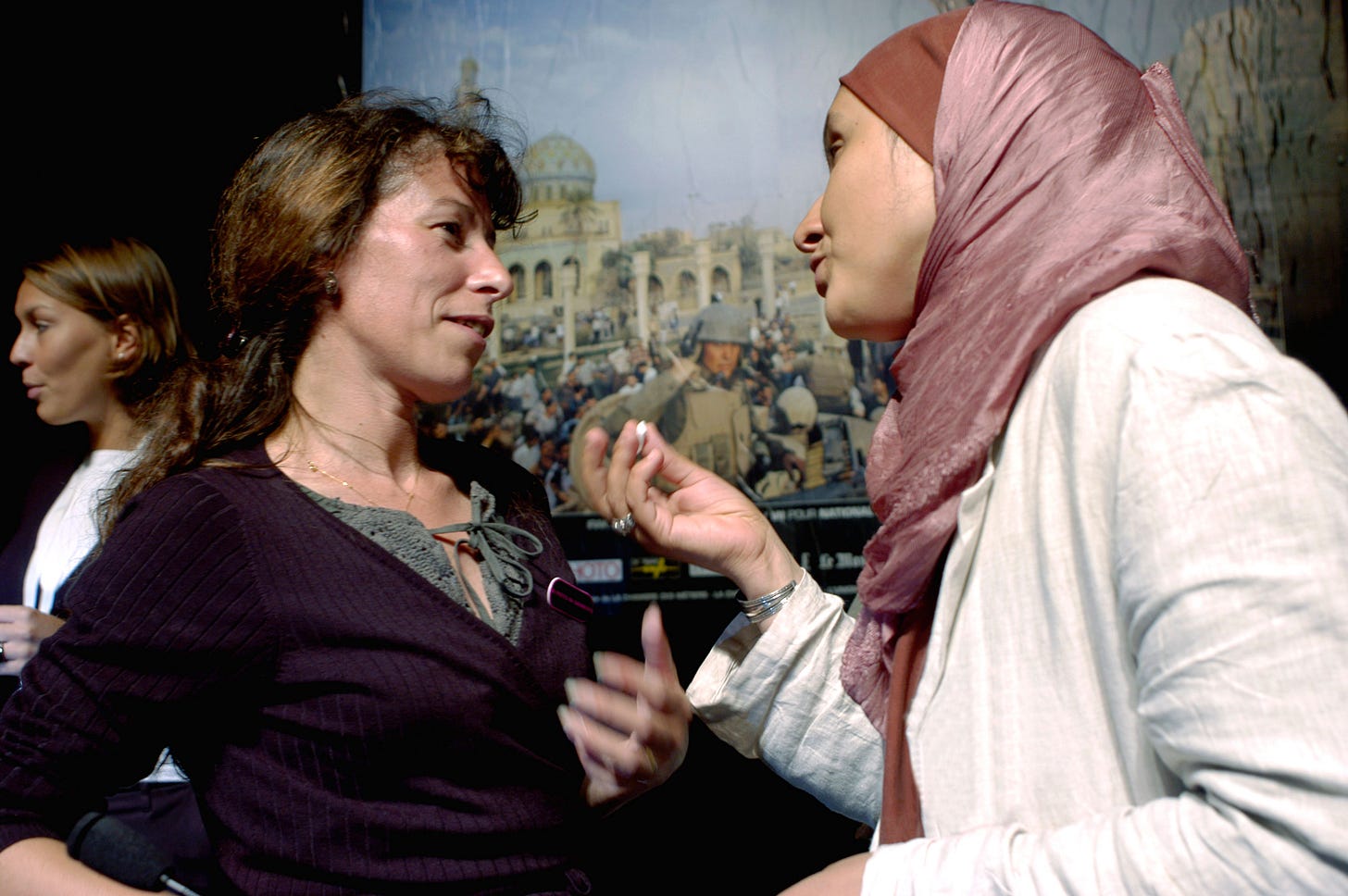The Othered Woman: Selective Solidarity and the Right to Choose
Shahed Eyzadi argues that white feminism often harms Muslim women by reinforcing Islamophobic stereotypes
White liberal feminism has long had a problem with Muslim women. The tendency to view them as oppressed by their faith, combined with a near obsession with liberating or ‘saving’ them, allows Muslim women neither a voice of their own nor any acknowledgement of their own agency within their faith. However well-meaning, such ignorance can actively harm Muslim women by entrenching damaging Islamophobic stereotypes.
White feminism tends to view Muslim women as being in direct opposition to its own values, as though by expressing their faith – particularly by wearing a hijab – they are rejecting their own ‘liberation’. The negative connotations and symbolism around the hijab that white feminism has upheld has led to Muslim women’s appearance becoming increasingly politicised in the West.
The Western feminist version of womanhood has been exported and imposed on all women all around the world, so Muslim women who choose to cover up with the hijab or niqab end up being routinely alienated by white feminism, finding themselves cast into the category of ‘Other’.
In a 2021 BBC Woman’s Hour interview with the then-newly elected General Secretary of the Muslim Council of Britain, Zara Mohammed, presenter Emma Barnett steered the conversation to questions about female imams and the exclusion of some Muslim women from society, rather than Mohammed’s historic appointment as the first-ever woman elected to the post, and persisted with her line of questioning even after Mohammed stated she didn’t know the answers to her questions.
The Woman’s Hour interview was widely criticised by high-profile figures (Muslim and non-Muslim) and resulted in an open letter being signed by over 100 politicians, writers, and other prominent figures, stating that Emma Barnett “appeared intent on reinforcing damaging and prejudicial tropes” about Islam. It went on to read that the interview “mirrored the style and tone of an accountability interview with a politician, rather than authentically recognising and engaging in what this represented for British Muslim women.” Woman’s Hour subsequently undertook to “reflect on” the incident and “deepen our engagement with the issues that matter most to Muslim women.”
Equally detrimental, but in a different way, are well-intentioned gestures meant to support one group of Muslim women, while ignoring the plight of others.



